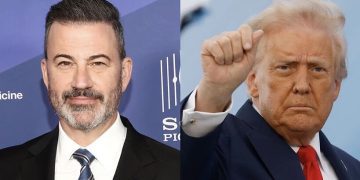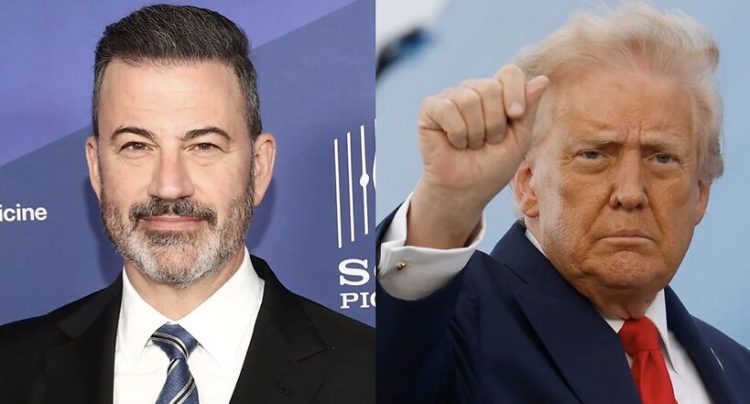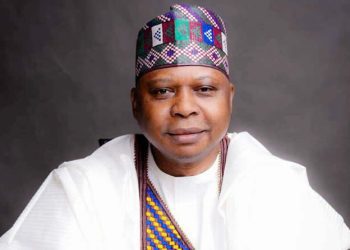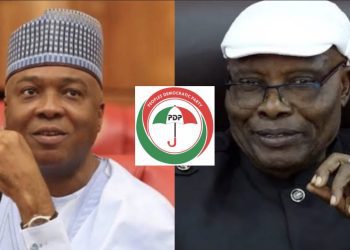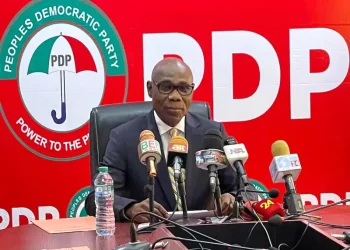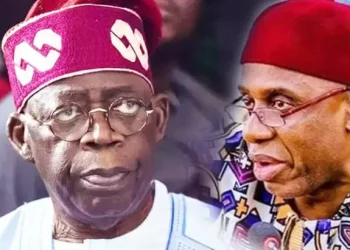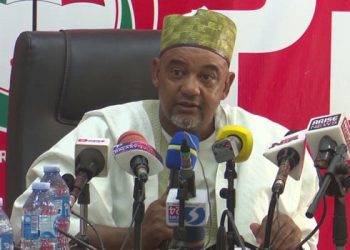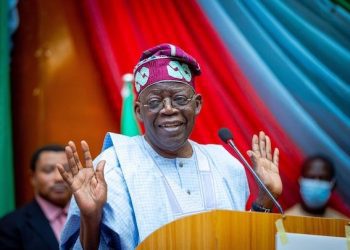President Donald Trump on Thursday suggested the possibility of revoking broadcast licenses for television networks that portray him negatively, following ABC’s indefinite suspension of late-night host Jimmy Kimmel.
Speaking to reporters aboard Air Force One after his return from London, Trump accused major networks of giving him only “bad publicity or press.” He said the issue of licensing would ultimately be decided by Federal Communications Commission (FCC) Chairman Brendan Carr.
The controversy erupted after ABC pulled Kimmel’s show on Wednesday in response to comments he made about the suspect in the attempted assassination of conservative activist Charlie Kirk. Kimmel had accused “the MAGA gang” of trying to deflect blame from the killer while exploiting the incident for political gain.
Earlier that day, Carr told right-wing podcaster Benny Johnson that Kimmel’s remarks were a “very, very serious issue right now for Disney,” ABC’s parent company. He warned that networks could either “take action on Kimmel” voluntarily or face additional regulatory scrutiny from the FCC.
In a late-night social media post, Trump applauded ABC’s move and urged NBC to remove comedians Jimmy Fallon and Seth Meyers as well. “They haven’t had a conservative on in years,” he said, accusing the networks of being unfairly hostile toward him.
Although the FCC has authority to issue and renew licenses for broadcast stations every eight years, the agency is legally barred from censoring content under the First Amendment and the Communications Act. Its role in regulating program material remains limited.
Despite criticism that Carr overstepped by pressuring ABC, Trump praised him, saying, “I think Brendan Carr is doing a great job.”
This is not the first time Trump has floated the idea of canceling broadcast licenses, a move that legal experts argue would face significant constitutional challenges.
